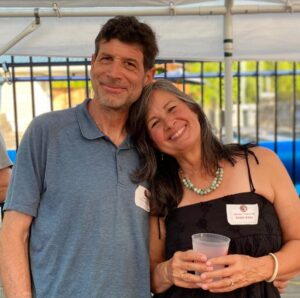
Six Tips From My Experience As a Caregiver
For National Family Caregivers Month, Robin Ferrill shares tips from her experience embracing the role after her husband’s GBM diagnosis in 2022.
Want to join the ABTA virtual 50 mile Facebook Challenge? Check it out here.

Sign up for our bi-monthly email to get the latest news on treatments, support, and stories from the brain tumor community.

For National Family Caregivers Month, Robin Ferrill shares tips from her experience embracing the role after her husband’s GBM diagnosis in 2022.
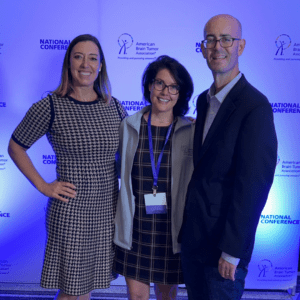
After losing her husband to GBM in 2022 and receiving her own diagnosis, survivor Beth Kassab didn’t know what to expect attending the largest brain tumor conference in Chicago. Read Beth’s top takeaways:
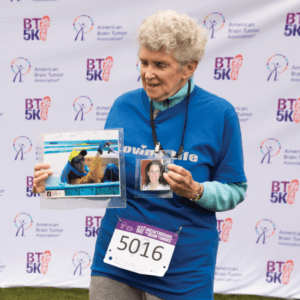
After losing her daughter Kristi to GBM in 2011, Sally set out to carry on her daughter’s legacy of living life to the fullest and supporting brain tumor research.
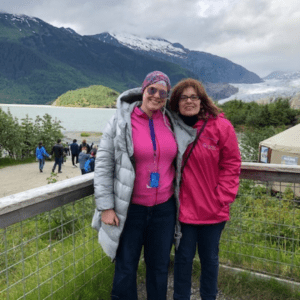
**Sponsored Content**
After processing the initial shock of her GBM diagnosis at 36, Jeanneane M. created a “coping routine” that’s helped her get through difficult days and hold onto hope for her future.
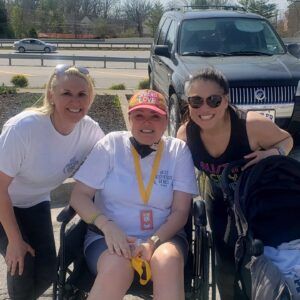
Family and friends of Kelli McLaughlin are doing the hardest things: turning their grief into action to carry on Kelli’s legacy and vision of a future without brain tumors.
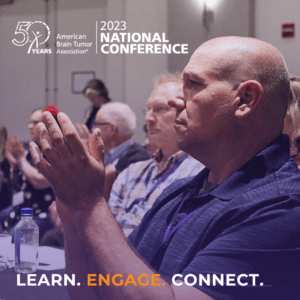
Register now for the nation’s largest patient-centric brain tumor conference, returning to Chicago and online this September.
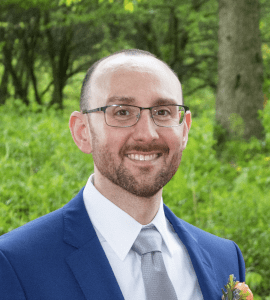
Vince Rock answers the top questions he receives from patients and caregivers who call the ABTA CareLine.
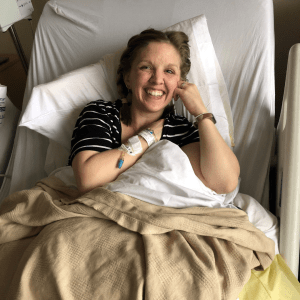
In his own words, caregiver and musician Scott Ingersoll shares how he used music to channel his wife’s journey battling astrocytoma.
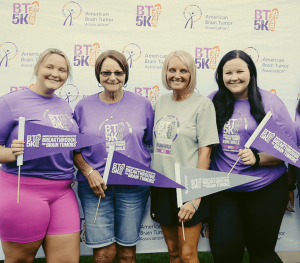
As we welcome 2023, it’s a time to embrace the new year and new ways to get involved and make an impact in the brain tumor community.
The need for better brain tumor treatments and more help for patients is greater than ever. Brain tumors are still very hard to treat because of something called the blood-brain barrier, which makes it tough for medicine to reach the tumor. Brain tumor patients need more options.
That’s why we’re meeting hope head on—because donations lead to research, research leads to better treatments, and better treatments bring us closer to a cure.



